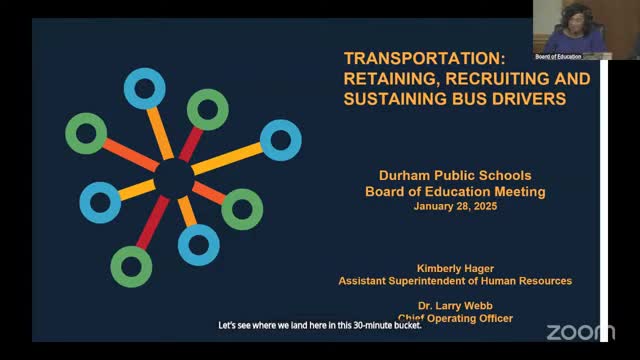Article not found
This article is no longer available. But don't worry—we've gathered other articles that discuss the same topic.
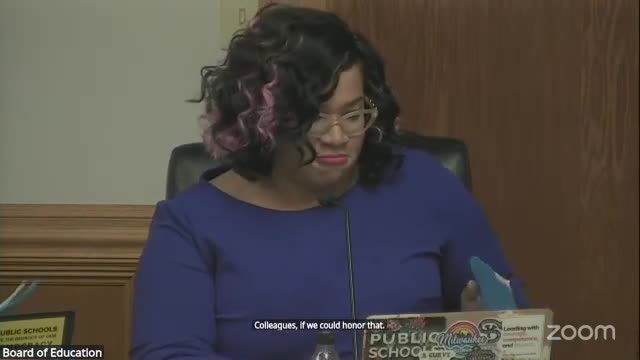
Board approves amended agenda and minutes, moves to closed session
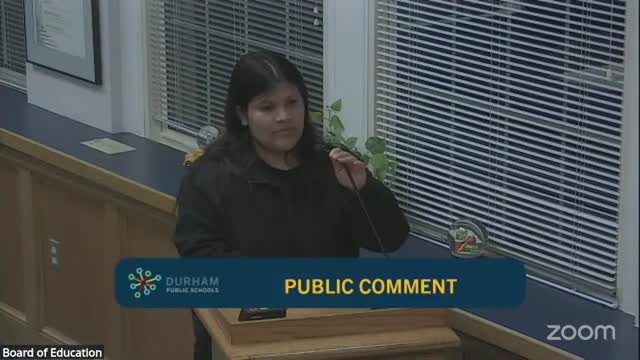
Students’ safety and ICE detentions raised during public comment; superintendent reiterates district assurances
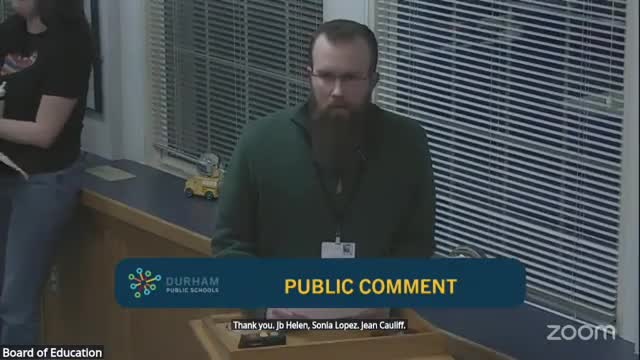
School social workers, support staff press board for promised master’s pay
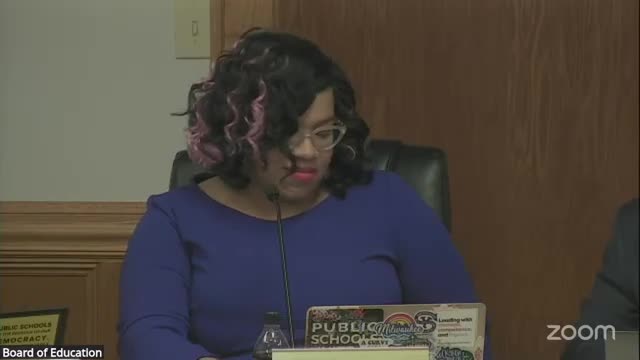
DPS CFO outlines $27M+ county investment, gaps and corrections in current‑year budget
